Prime Costs and Provisional Sums
If you’re not familiar with Prime Cost (PC) and Provisional Sums (PS), they’re two components that will form part of your building contract where an estimate is made for the cost of products or work to be done when the exact cost isn’t available. This can sometimes lead to unforeseen project cost increases, so it’s important to plan carefully and manage expectations.
What are prime cost items?
Prime cost is a budget allocated for an item or set of items that need to be bought for your building or renovation project. Builders are obliged to make reasonable representations in terms of what PC items will cost, and they will often set a fairly modest budget for simple fittings. This includes items such as taps, toilets, sinks, light switches, etc.
The best way to reduce the risk of mismatched expectations over prime cost items is to plan carefully, and make sure your contract is as detailed and precise as possible. Specify the exact brand, model number and colour you want in the specifications before you enter a building contract.
What are provisional sums?
Provisional sums refer to an estimate in your builder’s contract for what it’ll cost do a particular part of your building or renovation job.
An example might be excavation, where even with a soil test, it may be difficult to know exactly what’s under the ground and therefore difficult to pinpoint the cost and effort required.
It is important to understand that when planning for provisional sums, it is not always possible to know the exact scope of work. Talk to your builder about the inclusion of provisional sums in your contract, and make sure you have a very clear picture of all of the potential costs, risks and possible outcomes associated with any provisional sums - as well as what your options are to help reduce uncertainty.
When used correctly, prime costs and provisional sums can be a useful contractual tool for builders and clients. Careful consideration in the planning stages will reduce potential prime cost variances. Where as due diligence on behalf of both parties with regard to provisional sums, reduces potential cost overruns.
In either case, where there’s a price difference between an allocated budget for prime cost or provisional sum, the final cost, regardless of whether it’s more or less than what’s in the contract, the difference will be charged as an adjustment in a progress claim.
Still looking for more information?
Check out our peak industry body, Master Builders Association of Western Australia for additional information and more, here.



